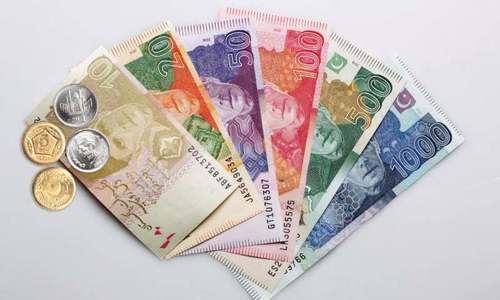KARACHI: Pakistan needs at least $234.5 billion investment by 2030 to deliver on three sustainable development goals (SDGs) — power, digital access, transport and clean water and sanitation.
The findings were released by Standard Chartered bank in a report titled “Opportunity 2030: The Standard Chartered SDG Investment Map” to help companies, institutional investors, and other stakeholders ascertain the impact of their investments in achieving United Nation’s SDGs.
The map identifies $10 trillion opportunity for private-sector investors across all emerging markets.
In Pakistan, the power sector needs $99.3bn, digital access $56.6bn, transport $38.5bn and clean water and sanitation $4bn.
The report highlights universal access to electricity as the greatest investment opportunity for private sector in Pakistan. With around 29 per cent population living off the grid, the sector cumulatively requires $144bn investment, of which the private sector can contribute around $44.7bn.
The private sector can help improve power infrastructure and address inefficiencies in the energy sector.
Pakistan is also lagging behind in digital infrastructure, with a digital access rate — comprising mobile phone subscription rates and internet connectivity levels — just over a quarter of the country’s total population.
To ensure universal digital access, the map notes that “the potential opportunity for private-sector investment in facilitating universal digital access is also significant, standing at $34bn.”
Pakistan’s investment needs are growing in line with the rising population. With slow growth in recent years, the private sector can play a pivotal role in infrastructure development.
The report adds that “private-sector investment in countries like Pakistan, with the lowest Logistics Performance Index infrastructure scores in our study, would potentially make the greatest difference.”
To improve Pakistan’s transport infrastructure by 2030, private sector can invest $13.5bn in the sector.
Almost a quarter of the country’s population still does not have access to clean water and sanitation, closing this gap by 2030 will require $40bn, of which, the private sector can contribute around $4bn.
The report also acknowledges the steps taken by the government to achieve these goals through the national poverty alleviation programme Ehsaas, and environmental initiatives such as Clean and Green Pakistan and Recharge Pakistan.
The macroeconomic study covers world’s 15 fastest growing economies and estimates investment needs and opportunities for the private sector in the most achievable SDGs.
Published in Dawn, January 28th, 2020













































